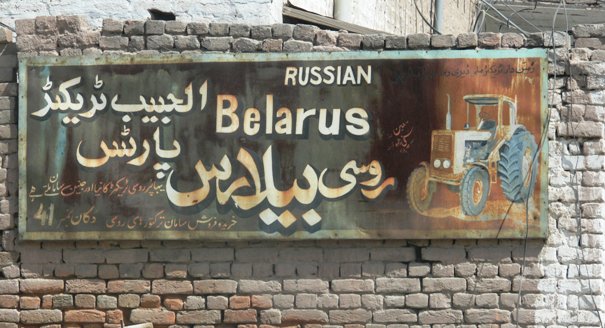Discussions about the prospects of the relations between Russia and Pakistan are focused usually on several projects, which still exist on paper only, like the Trans-Afghanistan pipeline (TAPI), and Central Asia—South Asia regional energy project (CASA-1000). The Karachi Steel Mill is another field of possible cooperation between the two countries, often mentioned in bilateral discussions. These and other similar projects must be welcomed, because they will stimulate regional integration and development.
But why is it that Russia and Pakistan cannot achieve even a small amount of progress in all these projects? Some people would say: “India is the reason.” According to them, Moscow doesn’t want to move forward in the relations with Islamabad, because it doesn’t want to evoke anger in New Delhi. This answer isn’t correct. In every mentioned case the main reasons are economic and political. Without political stability in Afghanistan there are no prospects for the energy projects between Central Asia and South Asia.
Without the right economic conditions in Pakistan Russian projects there will never materialize. The annulment of the privatization of the Karachi Steel Mill by the Supreme Court of Pakistan has sent a very bad signal not only to a leading Russian metal company, which won the tender with its partners from Pakistan and Saudi Arabia, but also to all probable investors from Russia. It was only a short time before that Moscow and Islamabad had signed the intergovernmental Memorandum of Understanding on Cooperation in Modernization, Reconstruction and Expansion of Production Capacity of the Karachi Steel Mill.
The economic situation in Russia is better than in Pakistan, but Russian companies’ resources are still limited, that is why they prefer either short-term investment with high financial returns or long-term projects with high level of stability and predictability. Neither option is currently available in Pakistan due to its domestic political and economic problems. The latter has some chance in the state sector of economy. In this context, Multan-2 and Guddu thermal power stations look like possible areas of cooperation between the two countries.
It doesn’t mean that Russia should wait for a better time in Pakistan. There are ways to improve bilateral trade, including but not limited to energizing the work of the Russian-Pakistani Intergovernmental Commission on Trade and Economic, Scientific and Technical Cooperation. Regular economic conferences with participants from governments and businesses will help Russia and Pakistan to better understand the economic opportunities and risks in their bilateral trade.
Skeptics may say all this is not such an urgent issue. However, long-term trends point to various parts of South and Central Asia, long cut off from one another, becoming more closely intertwined again. With Eurasian integration involving Central Asia, and traditional Russian-Indian economic ties revived, there is no sense for Pakistan to remain in a limbo.





